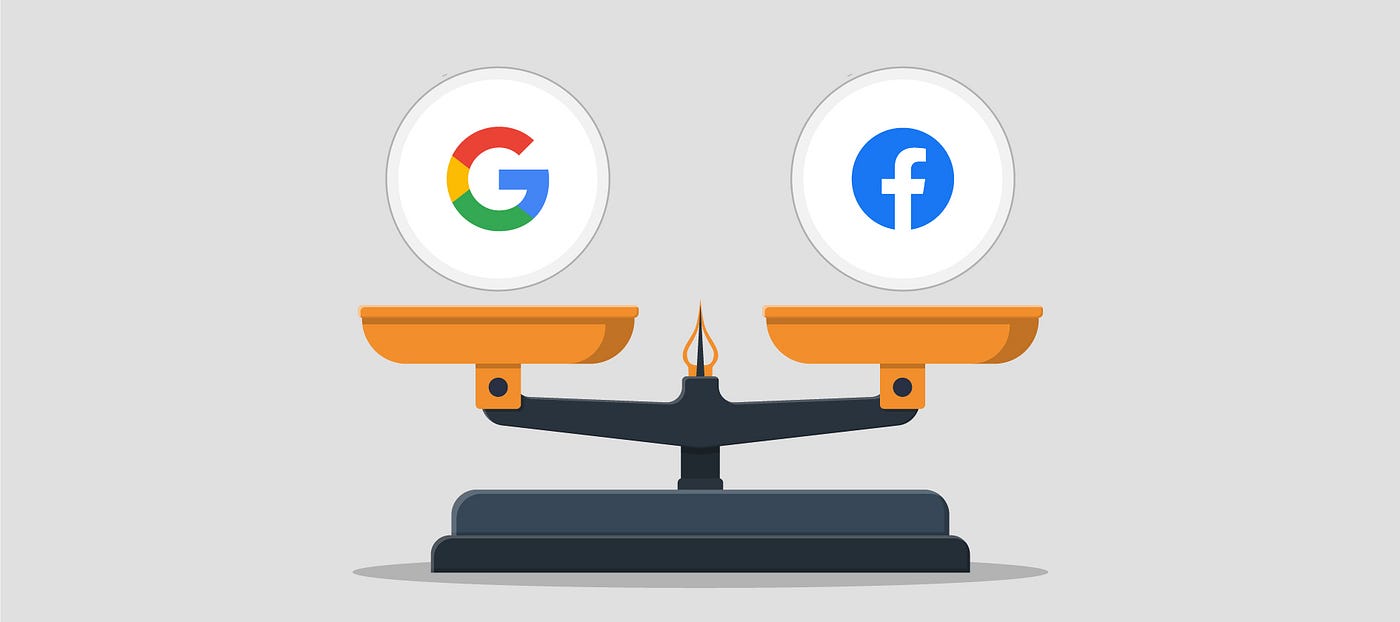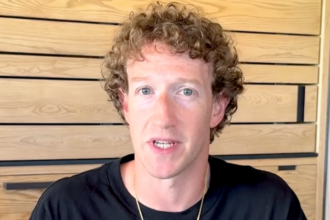The tech world could soon witness a major shake-up as the US Department of Justice considers breaking up Google to reduce its dominance. This bold move could result in the company splitting into separate entities like its search engine, advertising division, YouTube, and mapping service, each operating independently without data sharing. If successful, the break-up could have far-reaching implications for the tech industry and consumers alike.
This potential action comes amid increasing frustration from regulators in both the US and EU, who are concerned about the overwhelming power concentrated in the hands of big tech companies like Google, Meta (Facebook’s parent company), and Amazon. With small businesses depending heavily on these tech giants, governments are exploring ways to promote competition and level the playing field.
What Could a Big Tech Break-Up Mean for Consumers?
Proponents of breaking up Google and Facebook argue that it would foster competition and give consumers more choices. Imagine the year 2030: you receive a message on WhatsApp from a friend who uses Signal, and this type of cross-platform communication is standard. Different apps and systems work together seamlessly, giving you the freedom to choose services based on what you like rather than sticking to one because it’s the only option your contacts use.
In this future, “interoperability” would be key, allowing social media platforms like Instagram, TikTok, and Snapchat to connect more easily with one another. The result? You choose apps not because they dominate the market but because they appeal to you personally. Reviews, restaurant recommendations, and directions would come from a diverse range of apps, providing better and more personalised options.
With more competition, big tech companies would be forced to improve their services. For instance, the days of AI-generated content and invasive product placement could be over, as companies would risk losing you to a competitor offering superior service. This change would lead to better products, more innovation, and potentially even lower prices as tech companies compete for your attention and trust.
Owning Your Data
Another major benefit of a tech break-up could be a shift in data ownership. Currently, companies like Google and Facebook control vast amounts of user data, often selling it to third parties without users’ explicit consent. In a world where big tech is broken up, you could be the sole owner of your personal data, from your search history to your health information collected by smart devices.
In this scenario, you would store your data on a secure, encrypted server and choose how to use it. Different companies might offer apps to help you manage and organise your information, but you would retain full control. If you wanted to, you could sell or share your data with businesses for your own benefit, putting the power back in your hands.
The Risks of Breaking Up Big Tech
Despite the potential benefits, splitting up tech giants like Google and Facebook isn’t without its risks. One obvious consequence is that these companies could become less profitable. Google and Meta rely heavily on advertising revenue, which is driven by the data they collect about users. Without access to this data, they might start charging consumers directly for the services they currently offer for free.
Another concern is the rise of scam apps. Increased competition could create more opportunities for fraudulent or malicious apps to enter the market. And while some consumers might enjoy having more choices, others could find the array of new apps and services overwhelming, especially those who already struggle with modern technology.
For regulators, the main issue lies in their limited control over big tech. Breaking up these companies might finally give them the upper hand and reduce the dominance of Silicon Valley’s tech giants. The question now is whether regulators are ready to take this drastic step and if the benefits of more competition and data ownership outweigh the risks.
What Would This Mean for the Future?
If big tech companies are forced to break up, the digital world as we know it could change significantly by 2030. Increased competition could lead to better products, more choices, and a more open internet, where consumers have greater control over their personal data. However, the risks of scam operators and a loss of free services are concerns that can’t be ignored.
As regulators continue to debate the issue, the future of Google, Facebook, and other big tech firms hangs in the balance. The decisions made in the coming years could shape the online world for decades to come, bringing both challenges and opportunities for consumers and businesses alike.












